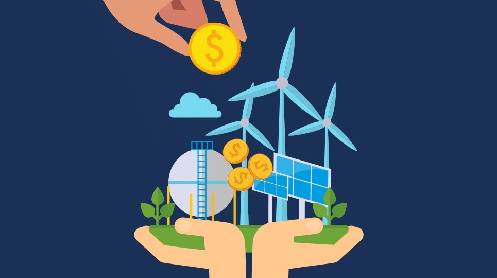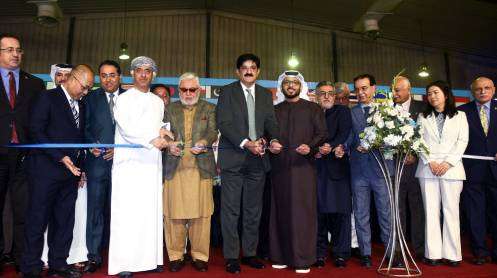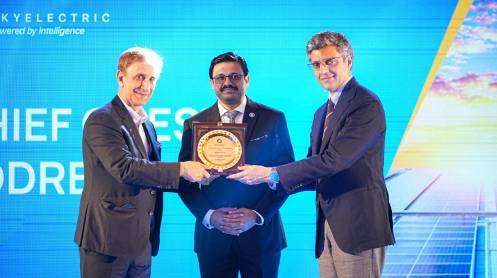**Washington, New York, Paris, Geneva, Abu Dhabi ** — The Tracking SDG 7: Energy Progress Report 2025 reveals that nearly 92% of the global population now has basic access to electricity, marking continued progress since 2022. However, over 666 million people still remain without access, underscoring the need to accelerate efforts to achieve universal energy access by 2030.
Clean cooking access continues to lag. Around 2.1 billion people still rely on polluting fuels, such as firewood and charcoal, with rural areas most affected. While progress in clean cooking has resumed post-pandemic, it remains slower than the pace seen in the 2010s, hindered by economic shocks, energy price spikes, and rising debt levels.
The report highlights the transformative role of distributed renewable energy solutions—including mini-grids, off-grid solar, and household biogas—in reaching remote and underserved populations. In 2023, installed renewable capacity in developing countries hit a record 341 watts per capita, more than double the 2015 level.
International financial flows to support clean energy in developing countries rose for a third consecutive year to USD 21.6 billion in 2023—yet remain below the 2016 peak of USD 28.4 billion. Most of these flows (83%) came in the form of debt, while grants accounted for just under 10%.
Francesco La Camera, Director-General of IRENA, emphasized, “We’ve seen record growth in renewables, but the infrastructure and financing gaps remain critical, especially in regions like sub-Saharan Africa. Strengthened international cooperation and concessional financing are vital to closing these gaps.”
Sub-Saharan Africa continues to face the largest disparities:
- 85% of those without electricity live in the region.
- Average installed renewables capacity per capita is only 40 watts, just one-eighth that of other developing countries.
- Four in five households lack access to clean cooking, with the deficit growing by 14 million people annually.
Key findings:
- Electricity Access: 310 million gained access since 2015. Central and Southern Asia made the most progress, reducing their gap to just 27 million in 2023.
- Clean Cooking: Access grew to 74% in 2023 from 64% in 2015. At the current rate, only 78% will have access by 2030.
- Renewables: Share in total final energy consumption (TFEC) reached 17.9% in 2022. Installed capacity globally hit 478 watts per capita in 2023.
- Energy Efficiency: Energy intensity improved by 2.1% in 2022—still short of the 4% annual improvement needed to meet targets.
The report calls for urgent reforms in public and private finance, more risk-tolerant capital, and robust national energy policies to meet SDG 7 goals. It will be presented at the High-Level Political Forum on Sustainable Development in New York on 16 July 2025.







